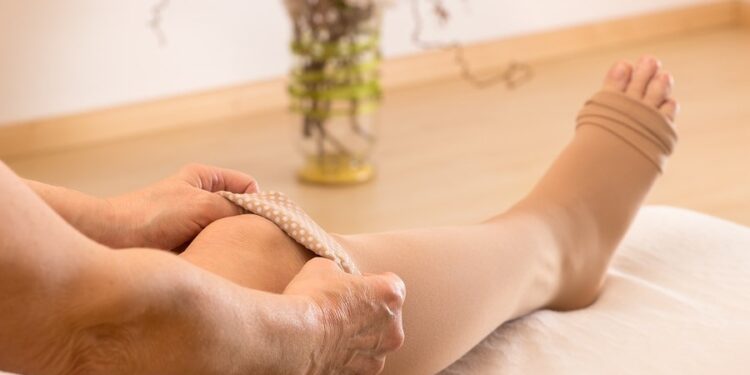After an intense workout, how you recover can significantly impact your overall health, particularly when it comes to spinal and vein health. Recovery is not just about resting; it involves a combination of strategies that aid in healing and enhance performance for future workouts. Proper post-workout recovery helps to minimize the risk of injury and promotes optimal functioning of the body, especially for those who engage in regular physical activities.
Table of Contents
Understanding Post-Workout Recovery
Post-workout recovery encompasses various techniques and practices aimed at helping the body repair itself after physical exertion. This includes hydration, nutrition, stretching, and other restorative activities that assist in muscle recovery and overall bodily health. Understanding the importance of these recovery strategies can help athletes and fitness enthusiasts optimize their performance and maintain a high level of activity.
Importance of Spinal Health in Recovery
Spinal health is crucial during recovery, as a healthy spine is fundamental to overall mobility and well-being. An impaired spine can affect your ability to perform exercises correctly, leading to further complications.
Taking care of your spinal health is essential during recovery, as a healthy spine plays a vital role in your overall mobility and well-being. When the spine is impaired, it can hinder your ability to perform exercises correctly, potentially leading to more issues. For instance, a pinched nerve in the lower back can occur due to muscle tension or poor posture. A pinched nerve can last anywhere from a few days to several weeks. Doing targeted exercises is crucial for addressing this condition. For specific movements to help relieve your symptoms, check out this guide on effective exercises for a pinched nerve in the lower back. With the right approach, you can often experience significant improvement in your condition.
The Role of Vein Health in Recovery
Vein health plays an equally important role in post-workout recovery. Good circulation ensures that oxygen and nutrients are delivered to muscles, facilitating faster recovery and reducing fatigue. Poor circulation can lead to feelings of heaviness, swelling, or even varicose veins. To promote vein health, incorporating activities that enhance circulation, such as light stretching or low-impact exercises, can be beneficial.
Best Practices for Effective Recovery
- Cool Down Properly: After exercising, take time to cool down gradually. This helps to lower your heart rate and prevent muscle stiffness.
- Stretch and Mobilize: Gentle stretching can help to release tension in muscles and maintain flexibility, contributing to better spinal health.
- Hydrate: Replenish lost fluids by drinking water or electrolyte beverages to support muscle recovery and circulation.
- Eat for Recovery: Consume a balanced meal that includes proteins and carbohydrates within 30-60 minutes post-workout to aid muscle repair.
- Prioritize Sleep: Quality sleep is essential for recovery, allowing your body to heal and rejuvenate.
Stretching and Mobility Exercises
Incorporating stretching and mobility exercises into your recovery routine can greatly benefit spinal and vein health. Focus on stretches that target the back, hips, and legs to alleviate tension and improve flexibility. For example:
- Child’s Pose: This yoga pose helps elongate the spine and release tension.
- Seated Forward Bend: Stretches the hamstrings and lower back, promoting spinal flexibility.
- Hip Flexor Stretch: Relieves tightness in the hip area, which can impact spinal alignment.
Hydration and Nutrition for Recovery
Hydration and nutrition are pivotal for recovery. Proper hydration helps prevent muscle cramps and supports circulation, while a balanced diet provides the nutrients necessary for muscle repair. Foods rich in antioxidants, such as berries, can help reduce inflammation and speed up recovery times.
Rest and Sleep for Spinal and Vein Health
Rest and quality sleep are crucial components of recovery that directly affect spinal and vein health. Aim for 7-9 hours of restorative sleep each night to allow your body to recover adequately. Consider sleeping positions that support spinal alignment, such as lying on your back with a pillow under your knees or on your side with a pillow between your legs.
Conclusion
Incorporating best practices for post-workout recovery is essential for promoting spinal and vein health. By understanding the importance of spinal health and being aware of conditions such as spinal stenosis and pinched nerves, individuals can tailor their recovery strategies effectively. Emphasizing hydration, nutrition, stretching, and quality rest will not only aid in recovery but also enhance overall well-being, enabling you to perform at your best in future workouts. Prioritizing these practices ensures a healthier, stronger body, ready to tackle new challenges.


 Home
Home









